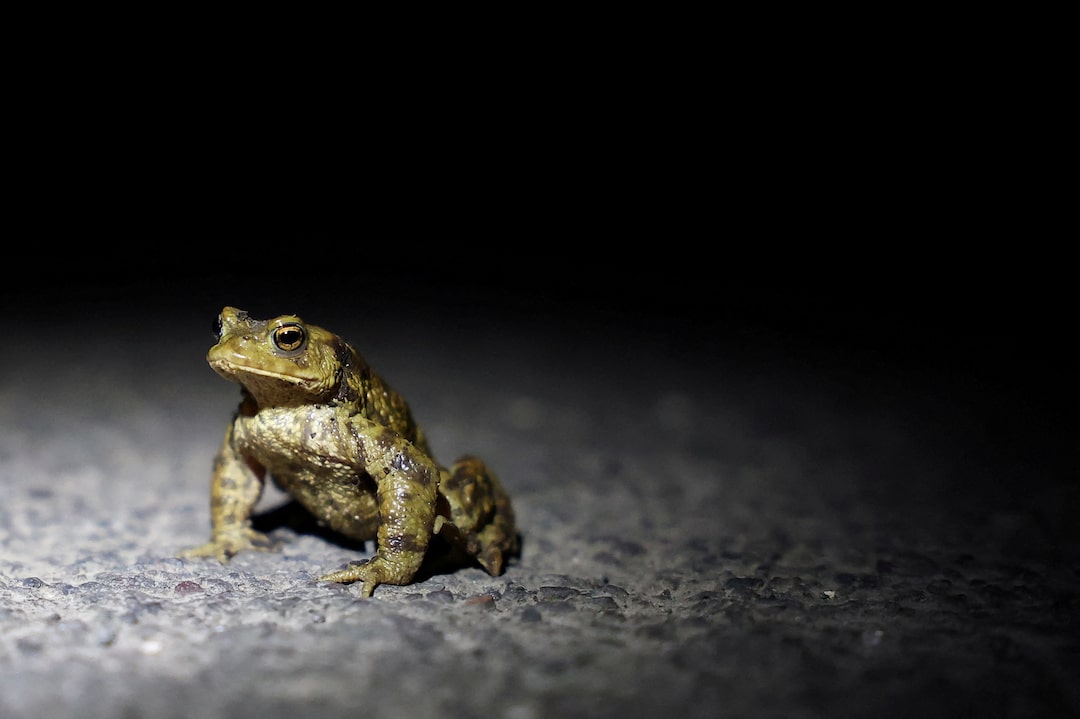BUCKINGHAMSHIRE, England, March 7 (Reuters) - As dusk falls over the quiet country lanes of Buckinghamshire, a group of volunteers armed with flashlights and buckets begins their nightly patrol, searching for toads making their perilous spring migration across busy roads.
The "toad patrol," as they call themselves, is part of a nationwide conservation effort to protect Britain's declining amphibian populations during their annual breeding season, when thousands of toads, frogs, and newts journey from their winter hibernation sites to breeding ponds, often crossing roads in the process.
"This is a critical time for amphibians," explains Sarah Thompson, who has coordinated the local patrol for the past five years. "Common toads can travel up to a kilometer to reach their breeding ponds, and many of these journeys now involve crossing roads where they're vulnerable to traffic."
The volunteers gather each evening from February to April, focusing on known migration routes. When they spot a toad, they carefully pick it up and carry it across the road in the direction it was heading, recording data about each rescue for conservation research.
According to the charity Froglife, which supports toad patrols across the UK, common toad populations have declined by 68% in the last 30 years, with habitat loss, road mortality, and climate change all contributing factors.
"Every toad we save makes a difference," says volunteer Mark Davies, who joined the patrol three years ago. "On a busy night during peak migration, we might rescue over a hundred toads from a single stretch of road."
Local authorities have begun to recognize the importance of these efforts, with some installing "toad crossing" signs on known migration routes and considering wildlife tunnels under new roads. However, volunteers remain the frontline defense for these vulnerable creatures.
The patrols also serve an educational purpose, raising awareness about amphibian conservation in local communities. "Many people don't realize how important toads are for our ecosystem," Thompson says. "They're excellent natural pest controllers and an important food source for other wildlife."
As climate change alters migration patterns, with warmer, wetter winters triggering earlier movements, the volunteers are adapting their efforts, extending patrol seasons and monitoring new routes.
For now, as spring approaches, the dedicated toad patrollers will continue their nightly vigils, ensuring as many amphibians as possible complete their ancient migratory journey safely.
